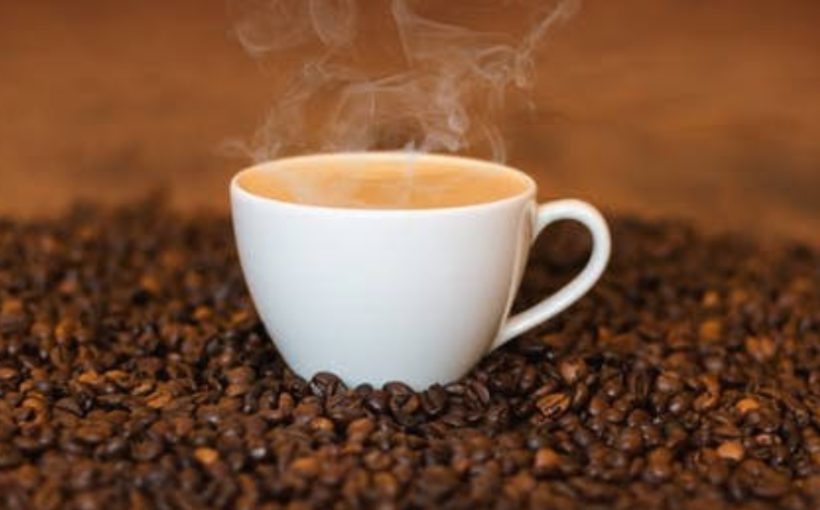Decaffeinated coffee, or decaf, is similar to regular coffee but contains very little caffeine. According to a 2017 systematic review, decaf coffee is similar in composition to regular coffee but contains little or no caffeine.
To remove the caffeine, manufacturers soak or steam unroasted coffee beans using a combination of water and other chemicals, such as:
- activated charcoal
- supercritical carbon dioxide
- methylene chloride
- ethyl acetate
Manufacturers use water because caffeine is a water-soluble substance. However, using water by itself may remove other compounds, such as proteins and sugar, from the coffee beans.
Using additional chemicals speeds up the decaffeination process, which minimizes the loss of noncaffeine compounds and helps preserve the distinct coffee flavor.
Although the decaffeination process usually occurs before roasting, one 2018 studysuggests that caffeine extraction may happen faster with roasted beans. One 2017 study reviewed 201 meta-analyses of observational research into coffee consumption. Its authors concluded that decaf coffee does not appear to have any harmful health effects.
However, the use of methylene chloride in the decaffeination process has raised some concern among members of the coffee community as well as some consumers.
Inhaling even small amounts of methylene chloride — around 200 parts per million (ppm) in the air — can temporarily slow down the central nervous system and affect a person’s attention and hand-eye coordination. Mild exposure can also lead to symptoms such as:
headache
drowsiness
lightheadedness
irritability
coughing or wheezing
The Food and Drug Administration (FDA) have approved the use of methylene chloride in the caffeine extraction process as long as the final product contains no more than 10 ppm, or 0.001%, of residual methylene chloride. According to the United States Department of Agriculture (USDA), a typical 8 ounce (oz) cup of decaf coffee contains 2 milligrams (mg) of caffeine. However, the caffeine content can vary by brand, with some decaf coffees containing up to 15 mg per 8 oz cup.
Although decaf coffee is not 100% caffeine-free, it contains significantly less caffeine than regular coffee. According to the FDA, an 8 oz cup of regular coffee typically contains 80–100 mg of caffeine.
Green and black teas also contain more caffeine than decaf coffee. A regular 8 oz cup of green or black tea usually contains about 30–50 mg of caffeine.


